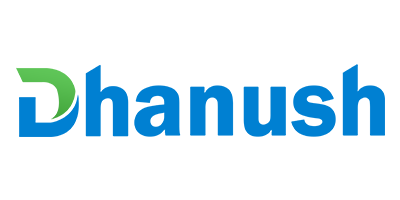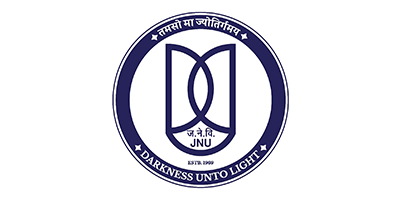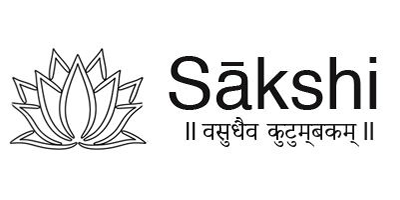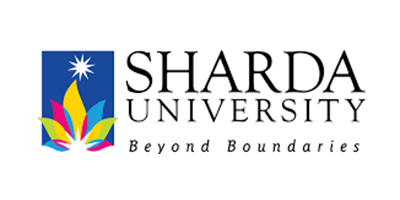Ekal Abhiyan
Ekal Vidyalaya is a transformative movement dedicated to eradicating illiteracy and fostering holistic development in rural and tribal India. Established in 1989, it focuses on providing free primary education through over 81,000 single-teacher schools, reaching more than 2.14 million children across the country. These schools emphasize basic literacy, numeracy, science, physical education, moral values, and creative arts, ensuring a well-rounded foundation for young learners.
A key aspect of Ekal's success is its commitment to gender equality, with 50% of students being girls and 70% of teachers being women, thereby promoting female empowerment and community leadership. Recognizing the growing need for digital literacy, Ekal has introduced several technology-driven programs, including E-Shiksha, which integrates tablets into the curriculum, Ekal on Wheels, a mobile digital literacy initiative, and Computer Training Labs, providing vocational skills to rural youth. By bridging the education gap, fostering digital inclusion, and equipping children with essential life skills, Ekal Vidyalaya not only transforms individual lives but also strengthens rural communities, driving India’s socio-economic progress toward self-reliance and sustainability.
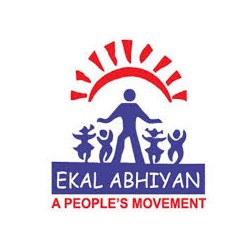
History
1980 - The Beginning of Ekal Vidyalaya
In the early 1980s, Dr. Rakesh Popli, a professor of nuclear physics at IIT Kanpur, and his wife, Rama Popli, a primary education specialist, inspired by Mahatma Gandhi’s teaching that advancing the nation is the noblest work, left positions to improve conditions in rural India. While visiting rural areas in the Gumla District (now in Jharkhand), they recognized that education was the most effective means of transforming rural development.
1986 - The First Ekal School
Incorporating a holistic syllabus of math, science, language, creative arts, and physical education, the first Ekal school was established in 1986, with Rama Popli as its teacher.
1986 to 1989 - Growth and Expansion
Ekal was the only educational option for children in remote villages, as government schools were either nonexistent or inaccessible. The initiative tackled challenges such as poverty, gender disparities, and lack of awareness about education. Schools were scheduled in the afternoons to accommodate household responsibilities, and families were encouraged to spread awareness about Ekal’s mission.
In 1986, Madanlal Agarwal, a coal mine owner, funded 60 Ekal schools in Dhanbad, Jharkhand, enabling children to attend school cost-free for three years.
1989 - The Leadership of Shyamji Gupta
In 1989, Shyamji Gupta, a passionate social activist, joined Ekal and played a pivotal role in expanding its reach to neighboring states. The Ekal model was adapted to overcome linguistic and geographical barriers, with schools grouped into clusters of 30, each managed by a volunteer to ensure efficiency and teacher collaboration.
2000 - 2023 - Scaling to 80,000 Schools
Ekal’s expansion was driven by three key teams:
- Curriculum Development: Led by the Poplis.
- Fundraising: Led by Agarwal.
- School Performance Monitoring: Led by Gupta.
By 2000, Ekal had grown to 5,000 schools. To expand further, Ekal USA was established in 2001 by Ramesh Shah. With support from 70 chapters across the US, Ekal successfully reached 80,000 schools.
Work
1. Education - Primary Schools
Ekal provides literacy and economic opportunities to over 10 million students in 80,000 villages. Education significantly accelerates the process of lifting families out of poverty, especially for girls, who benefit from delayed marriage, smaller families, and a commitment to children’s education. Ekal’s single-teacher school model has led to unprecedented long-term impact.
2. Digital Education
- E-Shiksha/E-Education: Integrating tablets into the curriculum for digital learning.
- Ekal on Wheels: A mobile digital literacy initiative bringing technology to villages.
- Computer Training Labs: Providing rural youth with practical computer skills to enhance employability.
3. Healthcare
- Telemedicine/Eyecare/Preventive Medicine: Providing accessible and affordable healthcare.
- Disaster/Pandemic Relief: Supporting communities during crises.
- Home Nutrition Gardens: Encouraging self-sufficient nutrition in rural households.
4. Livelihoods
Ekal ensures that education links to high school and job creation within rural ecosystems, reducing urban migration and strengthening village economies.
- Gramothan Centers: Resource hubs providing skills training and market linkages.
- Sustainable Agriculture: Training farmers in organic farming techniques for higher yields.
- Handicrafts and Artisanal Development: Promoting rural entrepreneurship in carpentry, pottery, and handicrafts.
- Micro-Entrepreneurship: A self-sustaining model supporting skilled village entrepreneurs.
- Tailoring Training: Empowering women with micro-entrepreneurship skills.
5. Women's Empowerment
- Tailoring Training: Equipping women with skills to generate independent incomes.
- Healthcare Workers (TEA Program): Training women as community health workers to bridge healthcare gaps.
- Teacher Training: Sourcing local talent to improve engagement and provide local employment.
6. Integrated Village Development
Ekal is transitioning towards holistic rural development beyond primary education, integrating adult literacy, healthcare, access to markets, and decision-making skills.
- Integrated Villages Program: Establishing self-sustainable villages by adopting 30 villages within a geographical cluster.
- Hub and Spoke Model: 13 Community Resource Centers serve 50,000 people in 100 villages, supporting over 1 million individuals.
- Education, Healthcare & Livelihoods: Building rural innovation ecosystems for sustainable progress.
Ekal Vidyalaya is a revolutionary movement shaping the future of rural India through education, digital literacy, healthcare, and livelihood opportunities. By empowering children, women, and entire communities, Ekal fosters self-reliance and socio-economic progress. With a mission to reach 100,000 villages, Ekal continues to drive India toward a future of inclusive growth and sustainable development.
